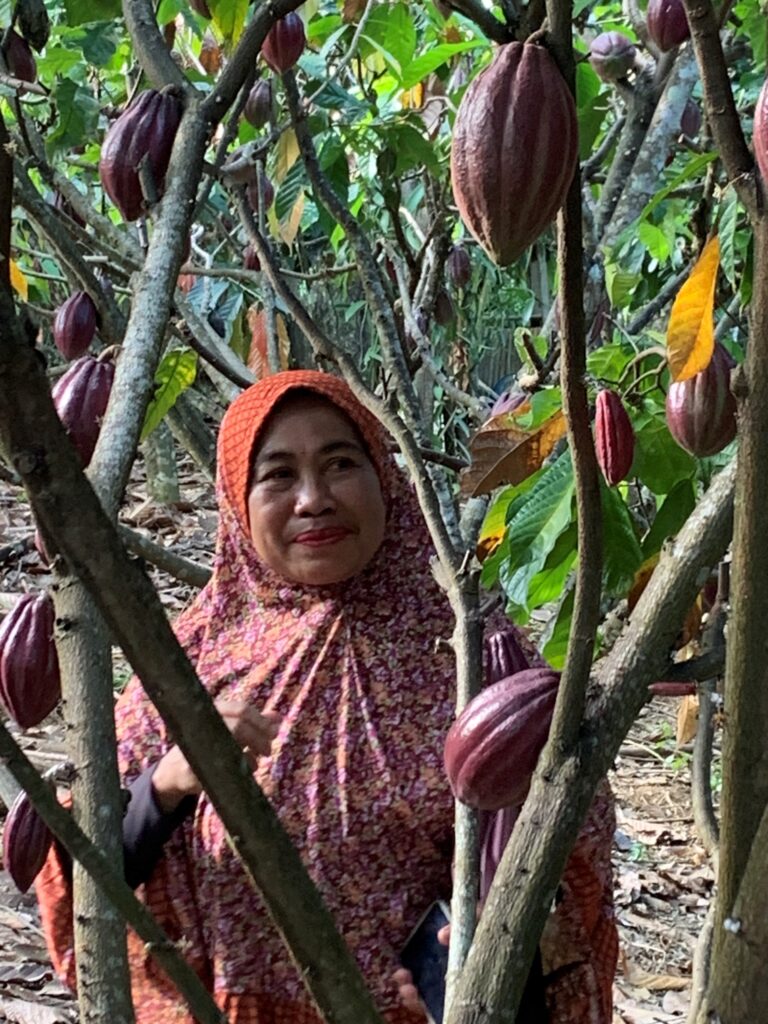Focus on the Farmers for Resilient Global Value Chains
By Anna Snider
Smallholder farmers play a vital role in sustaining their communities, feeding their countries, and supplying global value chains. Everyone from multi-national companies down to local governments are invested in smallholder farmers’ resilience to climate change and ability to sustainably produce food. So why don’t we see more collaboration to support these farmers?
ADMI’s current portfolio of work in Indonesia is collecting important information about how the public and private sectors can provide services to support all farmers in their roles in local and global value chains. The first project in this portfolio is looking at how the Government of Indonesia is using a loan from the United Nation’s International Fund for Agricultural Development (IFAD) to improve rural enterprises and enhance access to markets for small farmers through the Rural Empowerment and Agricultural Development Scaling Up Initiative (READSI). One component of the program is a public-private partnership between Indonesia’s agricultural extension and Mars, Inc to train and support cocoa farmers to become agri-entrepreneurs who serve their fellow farmers.
Like any partnership, the public and private sectors bring different strengths to the collaboration. The idea of this collaboration is to draw on the private sector’s market knowledge and ability to develop agri-entrepreurs while utilizing the public sector’s presence in villages and ability to identify and recruit motivated farmers, focusing on entrepreneurial farmers, both female and male, under the age of 45. Extension’s focus on equity in the recruitment process opened the eyes of the private sector collaborators. “We realized after seeing the women’s success [in the entrepreneurship program] that we should recruit more women,” says a private sector representative. Promoting the program to women and youth has been a united goal of the collaboration since the first training class.
Key to this collaboration is a focus on the farmers, a priority for both partners. A Mars representative explains, “We don’t do this for the industry only, it is for the community, for the farmers. Our business relies on smallholders. You need a resilient supply chain.”
Despite their common goals, the partners acknowledge the potential pitfalls of a partnership between sectors with different accountabilities and different measures of success. One such pitfall is the lack of sustainability of project-based approaches. The partners hope to avoid this problem by training entrepreneurs who can identify market needs and go on to lead self-sustaining businesses that do not need external support.
After two rounds of fieldwork interviewing farmers and private and public sector actors, this project is wrapping up. We are now drafting a manuscript about the findings. Once published, we hope that the results will help in the development of more partnerships to support resilient farmers.
